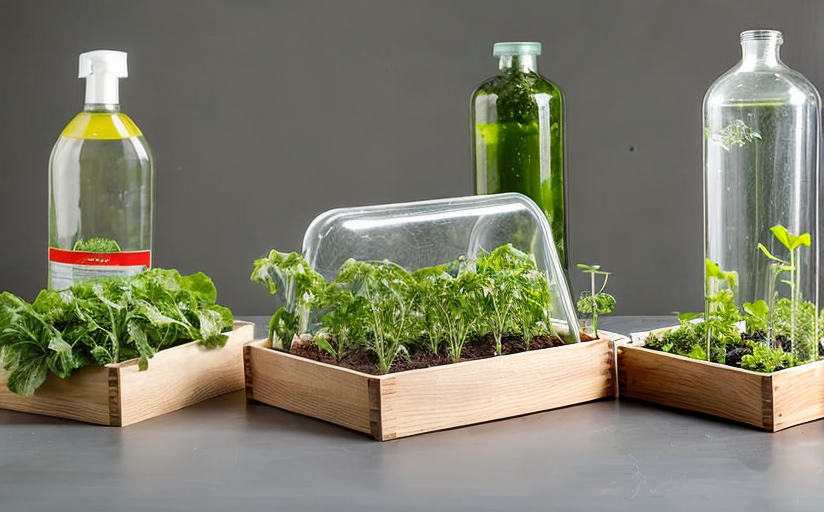Chemical vs Organic Gardening: A Comparative Study
Our changing environment and growing awareness regarding health and sustainability have sparked a new debate in the sphere of gardening: Chemical vs Organic Practices.
The Use of Chemical Pesticides in Home Gardening
Chemical pesticides, comprising herbicides, insecticides, and fungicides, have been traditionally favored for their rapid and effective results. Their role revolves around eliminating harmful pests. However, despite the enhanced control they offer over pests, their use carries several detriments.
The active ingredients in such pesticides may have non-target effects, harming beneficial insects and microorganisms in the soil. Chronic exposure might lead to the development of pesticide resistance, which renders the pesticides ineffective over time.
Several commonly used pesticides in home gardening include Malathion, Sevin, and RoundUp, each possessing different degrees of toxicity and wastewater pollutants. They further pose threats to human health, inducing acute effects such as skin irritation, nausea, and in severe cases, even carcinogenic impacts.
Organic Gardening Alternatives
Courtesy of its sustainable and environment-friendly characteristics, organic gardening has been gaining popularity. This method advocates the use of natural pesticides like neem oil, eucalyptus oil, and beneficial insects such as ladybugs for pest management. Composting and crop rotation are employed to maintain soil fertility.
While organic gardening might not offer the immediate pest removal that chemical pesticides do, it strengthens the garden’s ecosystem, enhancing its resilience to pest attacks in the long run. The absence of synthetic chemicals ensures a safer environment for both practitioners and consumers.
The Broader Implications
The effects of both methods extend beyond the boundary of our gardens. Chemical pesticides seep into the groundwater, contaminating our water bodies and affecting wildlife. The use of synthetic fertilizers contributes to greenhouse gas emissions.
On the other hand, organic gardening enriches soil health, improves biodiversity, and contributes to carbon sequestration. It promotes a healthier ecosystem and a sustainable future.
The Shift Towards Sustainable Gardening
Given the global drive towards sustainability, the practice of organic gardening is steadily rising. Universities, governments, and nonprofits worldwide are advocating organic gardening techniques, encouraging individuals to contribute to this earth-friendly initiative in their backyard.
People are recognizing the need for healthier, sustainable practices, planting the seeds for a greener future, one garden at a time.

















Comments
Leave a Comment